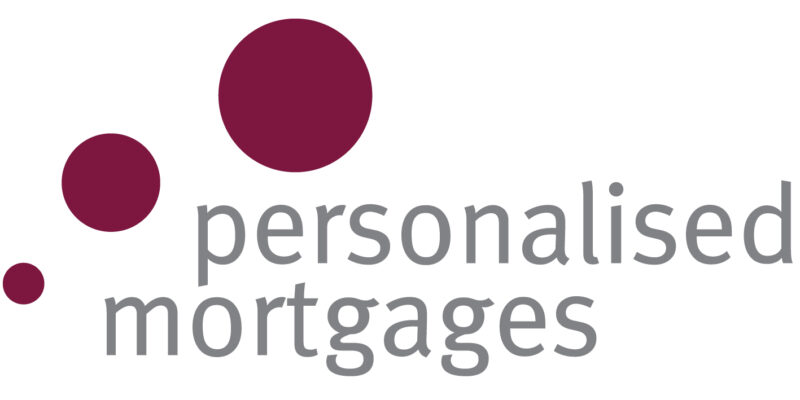Scammers and fraudsters are taking advantage of our increasingly digital and online based world to steal funds from their victims. Banks are generally trusted by their customers and have direct access to people’s money and account details, making them a natural target for scammer impersonation. People need to be increasingly vigilant and aware of these phishing attacks, which evolve and become more sophisticated by the day.
What are Bank Scams and Phishing Attacks?
These online based attacks are scams that target your bank account. They often involve a fake website or email, which looks uses all of the branding and appearance of your bank but isn’t actually connected to them. Scammers will often try to incite a sense of panic or urgency by stating that your account details have been leaked, your account is on hold or is in unarranged overdraft.
The most common types of bank scams are:
Fake websites: These can look very similar to the real thing and trick you into giving away personal information such as passwords or credit card details. Scammers hide fake websites behind genuine-looking links often replacing one or more characters in the URL.
Phone calls: Fraudsters may call you pretending to be from a legitimate company such as your bank, asking for personal details over the phone so they can steal money from your account later on (for example by withdrawing cash).
Tips and Tricks to stay safe:
- Banks never send you an email or text message with a link requesting you to click to log in. Always log in to Internet Banking directly through your banks website/mobile app, not from links in text messages or emails.
- The banks very rarely call you out of the blue and without warning. Fraudsters will not actually know your account information. Under the guise of ‘Security questions’ they will look to obtain your login details and passwords – whilst pretending they already know all of the answers.
- Set up 2 factor authentication for your online banking – this will ensure an extra security step when signing on from a new device which will protect you against would be hackers. This will also not inconvenience you when accessing banking from your usual devices.
- All of the big banks keep track of the latest scams and tricks and keep a running record of them on their websites. We recommend that you regularly look at the below for your personal bank(s). You can practice checking the URL’s before clicking these links!
- https://www.bnz.co.nz/about-us/online-security/latest-scams
- https://www.anz.co.nz/banking-with-anz/banking-safely/recognise-scams-fraud/types-scams/
- https://www.asb.co.nz/banking-with-asb/security-alerts.html
- https://www.westpac.co.nz/personal/ways-to-bank/safety-and-security/latest-scams/
- https://www.kiwibank.co.nz/contact-us/security/ways-to-keep-yourself-safe/online-scams/

